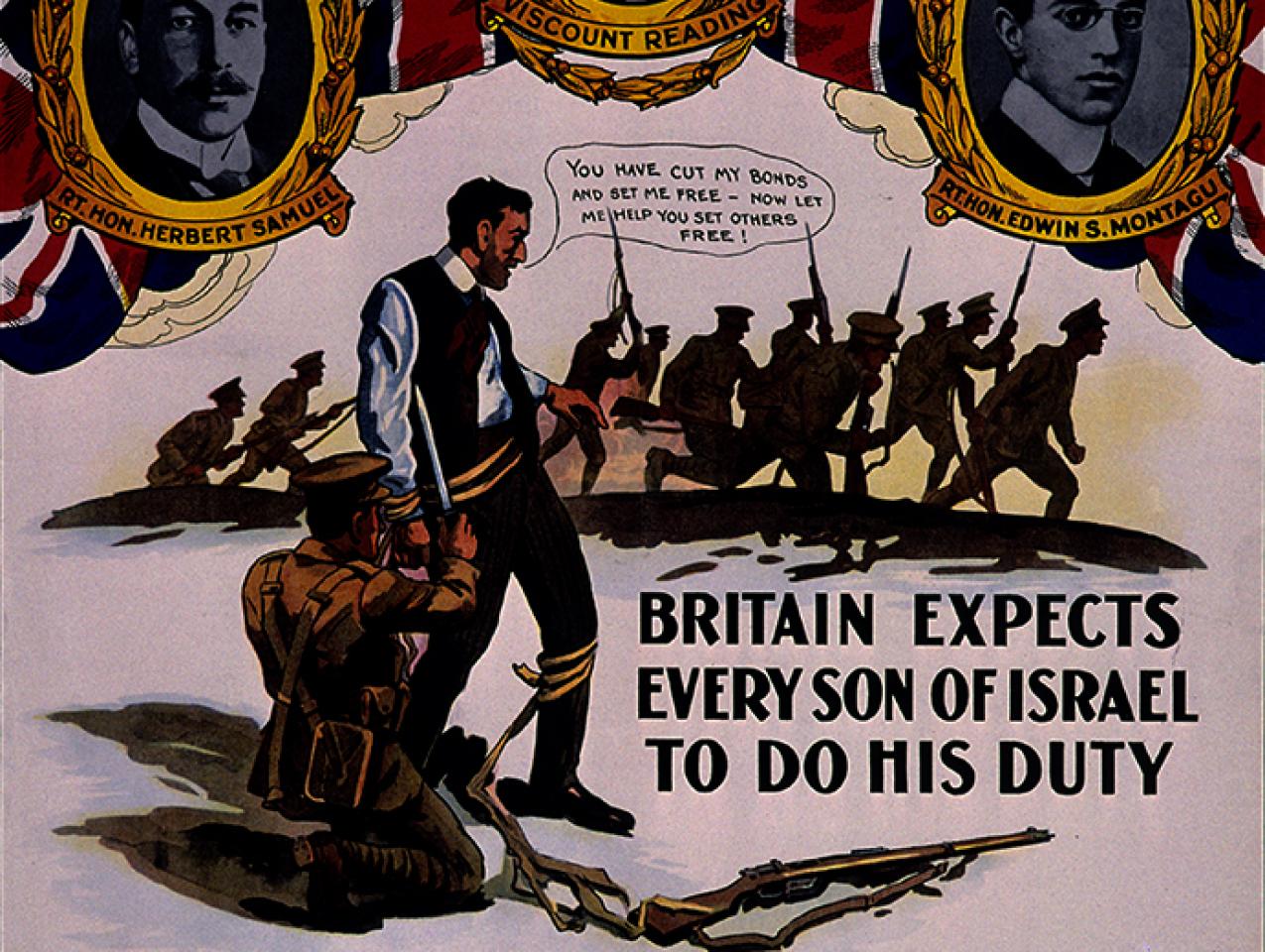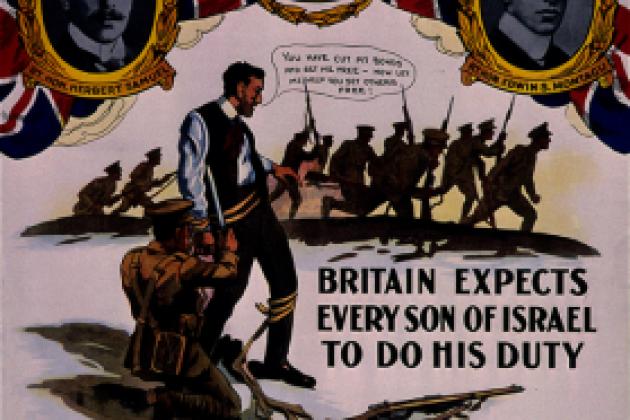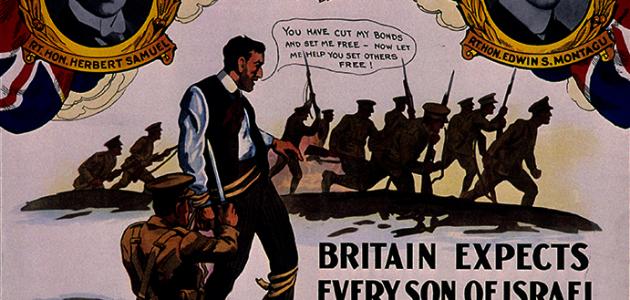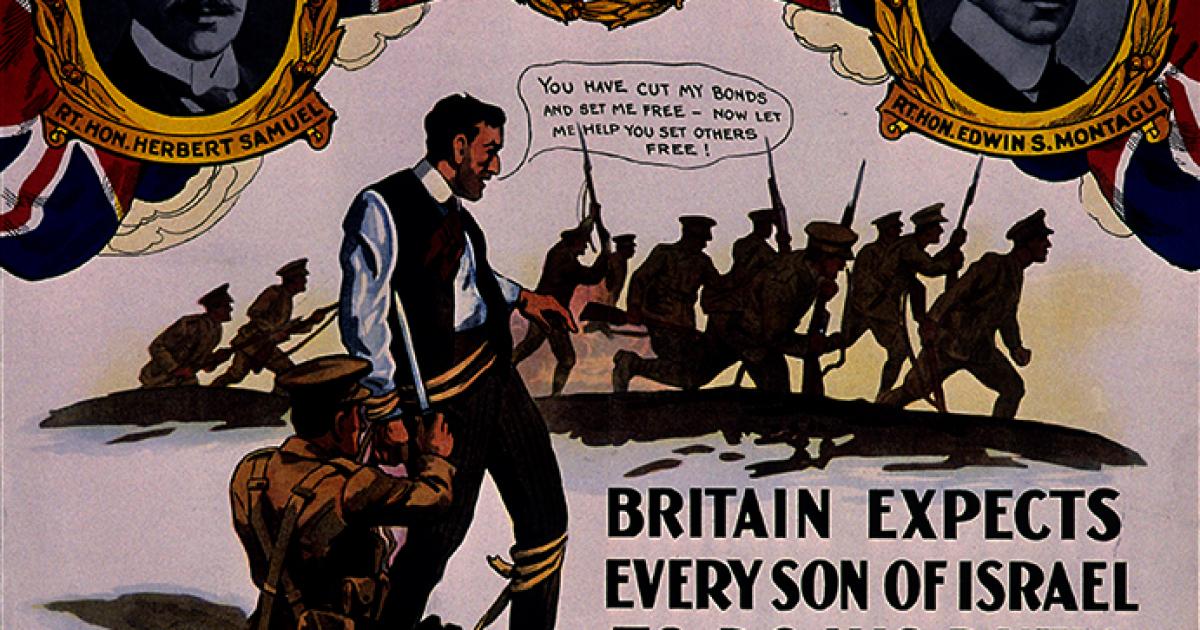- Revitalizing History
An exciting discovery has been made in the Judean Desert in Israel, casting light on the Bar Kokhba Revolt of A.D. 132–135, in which the Jews of Judea conducted a brave but doomed rebellion against Emperor Hadrian’s Roman Empire. Four Roman swords (gladius/gladii) and a shafted spearhead (pilum) have been found in a crevice in one of the eight hundred caves in the Ein Gedi Nature Reserve. Archaeologists from the Israel Antiquities Authority believe the weapons were captured from the Roman army and hidden by the rebels.
The classic two-foot-long Roman spatha swords are in a remarkably fine state of preservation. The near two thousand years since they were hidden in the cave have had astonishingly little effect on them, primarily because of the exceedingly dry climate but also because they were still in their wooden and leather scabbards.
The six-year archaeological survey conducted by the Israel Antiquities Authority, Israel’s heritage ministry, and the Archaeology Department of the Civil Administration in Judea and Samaria, was initially looking at a Paleo-Hebrew inscription—characteristic of the First Temple period between the 10th and 6th centuries B.C.—which had been found on a stalactite half a century ago. They were using multispectral photography to decipher parts of the inscription not visible to the naked eye when they noticed the crevice where the weapons were hidden.
Eitan Klein, one of the directors of the Judean Desert Survey Project, believes that the weapons were stashed by the Judean rebels after being captured from Roman soldiers, because, as he told The Times of London, “Obviously, the rebels did not want to be caught by the Roman authorities carrying these weapons.” Elsewhere in the cave six-thousand-year-old artefacts were found dating to the Chalcolithic period, but it was a Bar Kokhba bronze coin found at its entrance that provides the clue as to what might have happened and when.
Simon Bar Kokhba was the charismatic leader of the third and final great Jewish-Roman war; his eponymous uprising is also known as the Third Jewish Revolt. He led the bid for freedom in A.D. 132, winning initial victories that allowed him to liberate the province for three years before Julius Severus’ massive Roman counterattack, made up of elements from no fewer than twelve legions, extinguished the Judean enclave and massacred Kokhba’s followers. Roman losses were also heavy, indeed the XXII Legion had to be disbanded. It is not known how Simon Bar Kokhba died—theories include a snakebite, natural causes, and assassination by the Sanhedrin for claiming messiah status—and according to one commentary on the Book of Lamentations his head was presented to the Emperor Hadrian.

















